Is social economy healthy enough? The Sustainable and Solidarity Economy Project has launched a global report that aims to answer it.
Our economic system strives for endless growth, but still 40% of the global population owns the 5% of the world’s wealth. In the meantime, hurricanes intensify, the Poles start to melt down and, as Greenpeace claims, penguins will be just a part of history unless we legally start protecting a huge Antartic area from krill exploitation and fishing.
In the face of economical, financial and environmental crisis, sustainable and solidarity economy emerges as a way to turn the global crisis into a global opportunity for a decreasing and cooperative economy.
The aim of social economy is to put people and the environment, not production, in the center: the main idea is economy has to serve workers and their habitat. There are many local and successful examples of this kind of economy all around the world, and SUSY project has contributed in strengthening their networking.
The Sustainable and Solidarity Economy (SUSY) Project developed from 2015 to 2018 to foster the social and solidarity economy networks in Europe and abroad. Recently, it has launched one of the most important investigation reports on solidarity economy in most of its aspects: agriculture, sustainable tourism, fair trade, recycling, non-monetary exchange systems, renewable energy and ethical finances.
SUSY’s report includes 1.100 projects and more than 550 interviews with NGOs, neighbourhood organisations, institutions and cooperatives that work hand in hand with non-profit organisations from all over the world. In total 32 countries, 23 of which are EU members.
One of the examples of social economy that SUSY has presented in a video reportage is Autre Terre, a Belgian NGO focused on agriculture and recycling.
Autre Terre works with local companies and helps them develop their economy in a fair way, connecting them with other social economy partners in Burkina Faso, Senegal, Mali and Peru. Once their enterprise partners are already financially sustainable, Autre Terre looks for new other partners.
Terrabona, in País Valencià, is another successful case of social economy. Terrabona is a cooperative dedicated to ecological agroculture that employs intellectually disabled people. Terrabona initiative came from a group of parish volunteers who took care of disabled people.
The idea of creating an inclusive ecological cooperative came from volunteers’ awareness of how, after adolescence, most of the disabled people they were assisting “disappeared from society”, since their integration in the labour market was hardly an option.
If we turn to Catalonia, one of the firsts Spanish communities in terms of social economy, the number of cooperatives has decreased in the last years, and there is a lack of assessment on how to start a social economy project.
Even if the 2008's crisis resulted in a growing number of cooperatives, the growth is hardly significant: mercantile companies clearly outnumber them and, in conclusion, a lot more needs to be done. You can read more about it here, a report laucnhed by the cooperative shop Ciutat Invisible, based in Barcelona.
Fair tourism in Uruguay. Fair trade chocolate in Slovakia and Bolivia. Social cooperatives in Croatia. Almost all of these local cases reported by SUSY combine social economy and international development, which can be an effective means of turning neoliberal globalization into social economy globalization.
But can sustainable and solidarity economy really make a difference in a global scale? According to SUSY’S report, many of the sustainable experiences really have a positive impact locally, but they are still too few to make a real difference globally.
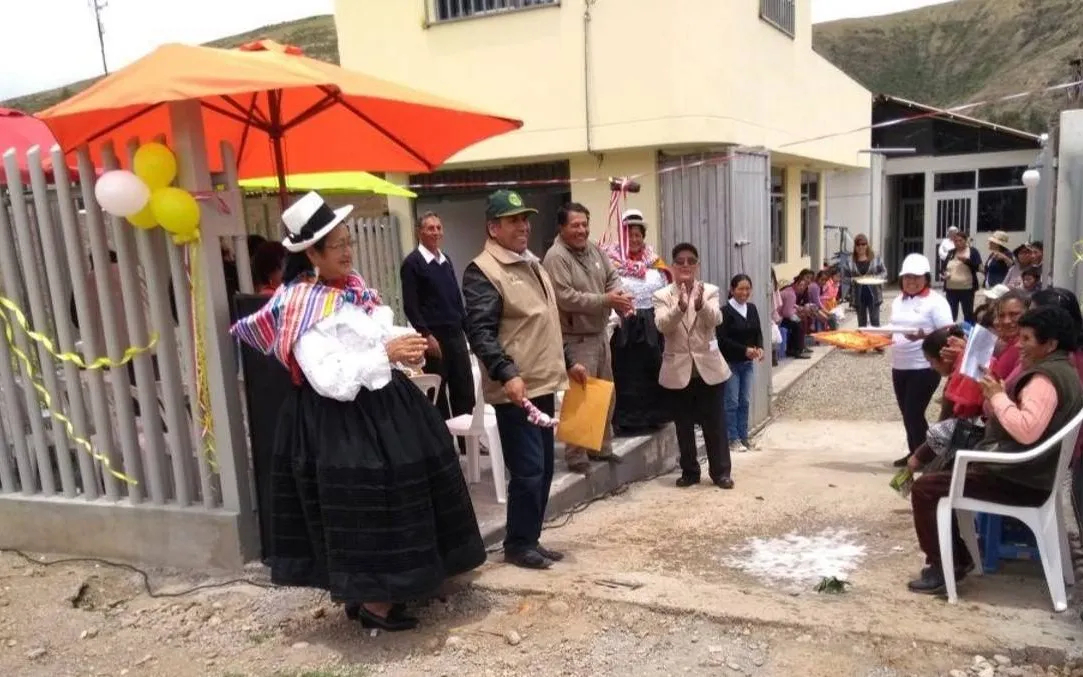
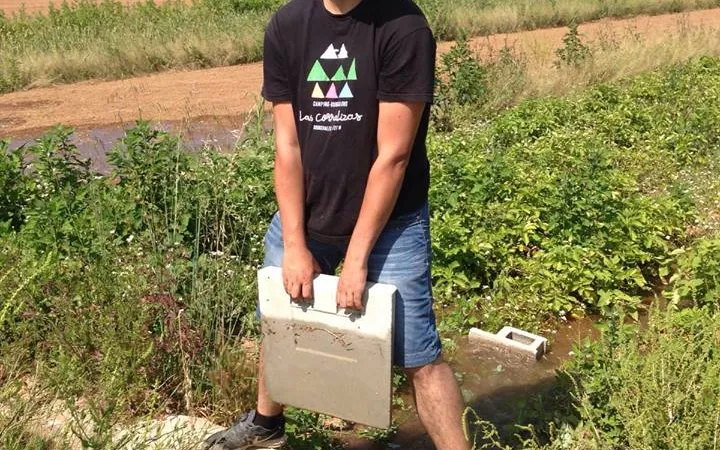
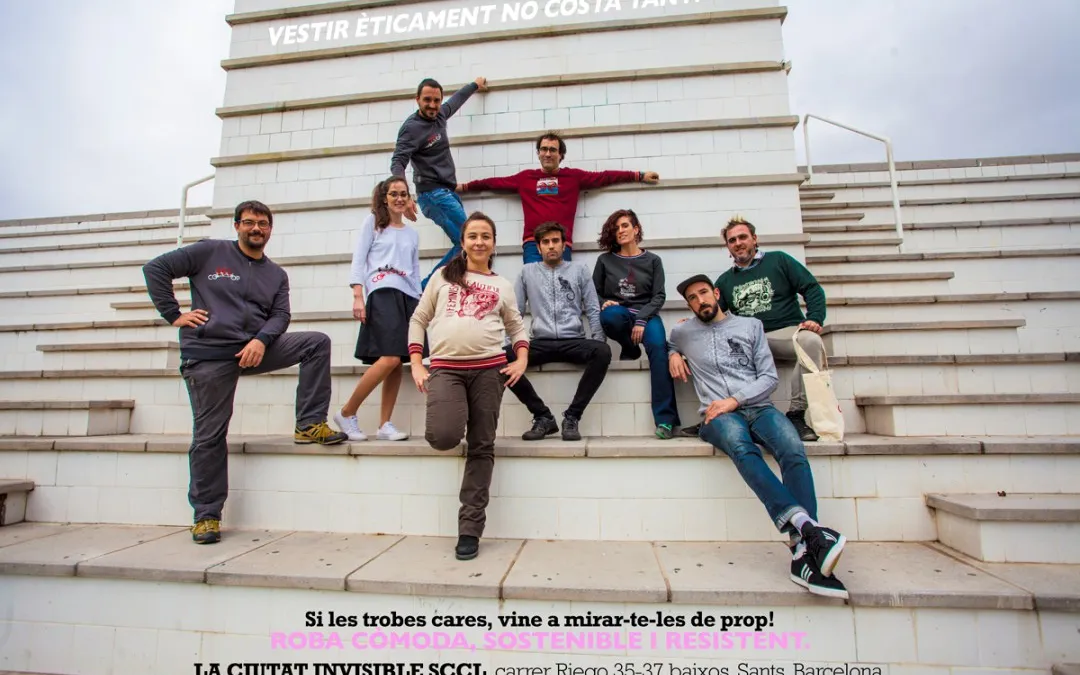



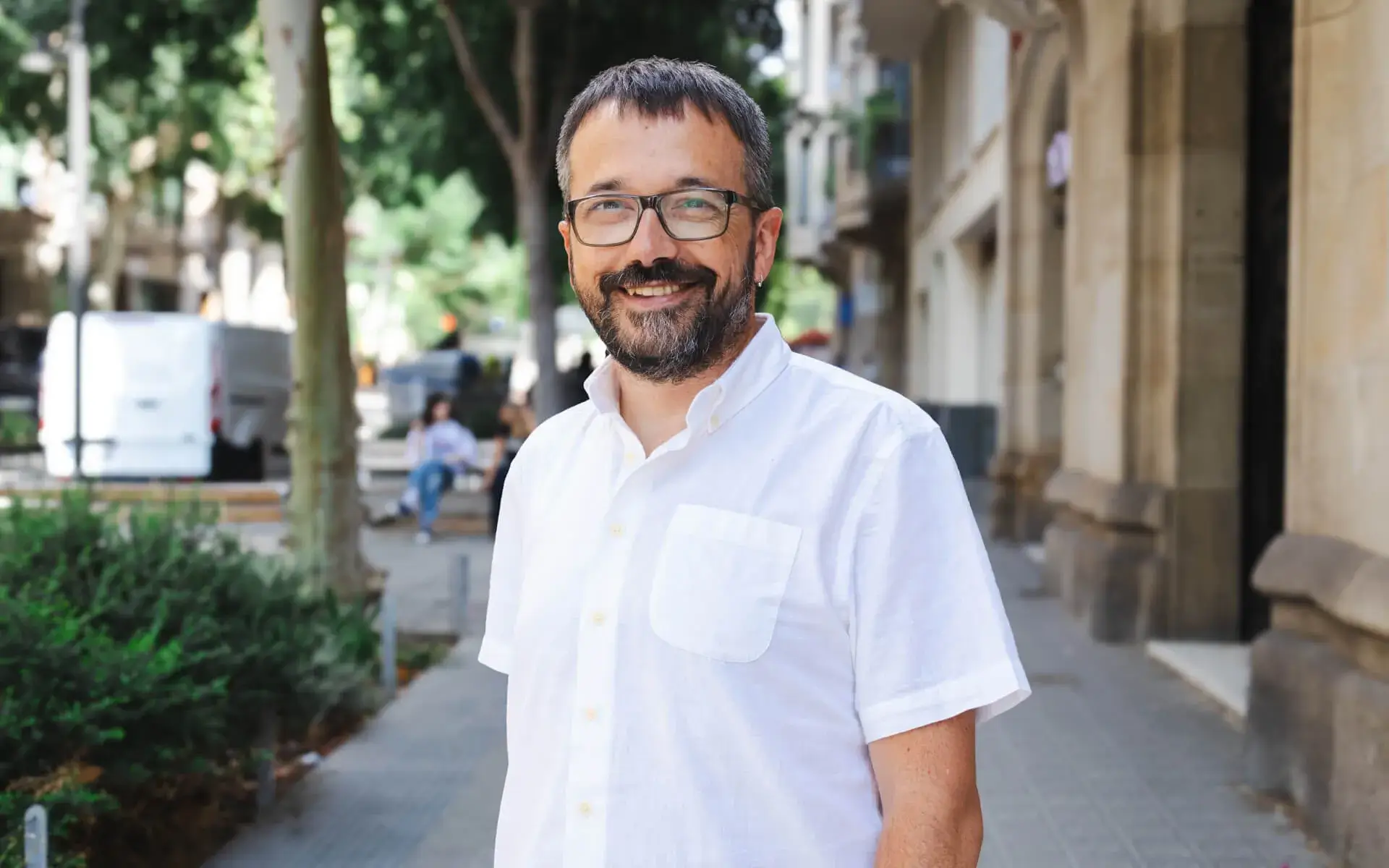
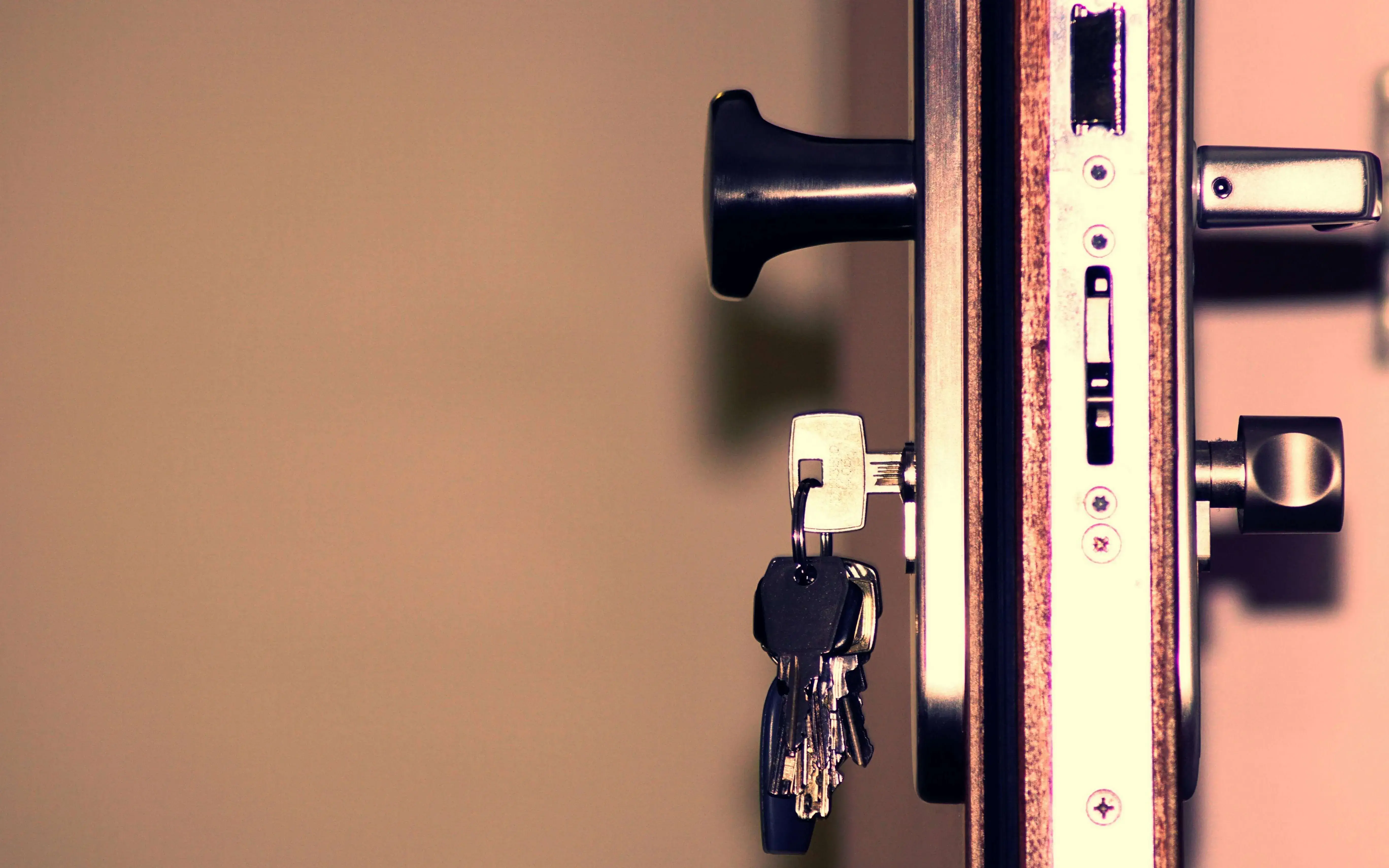
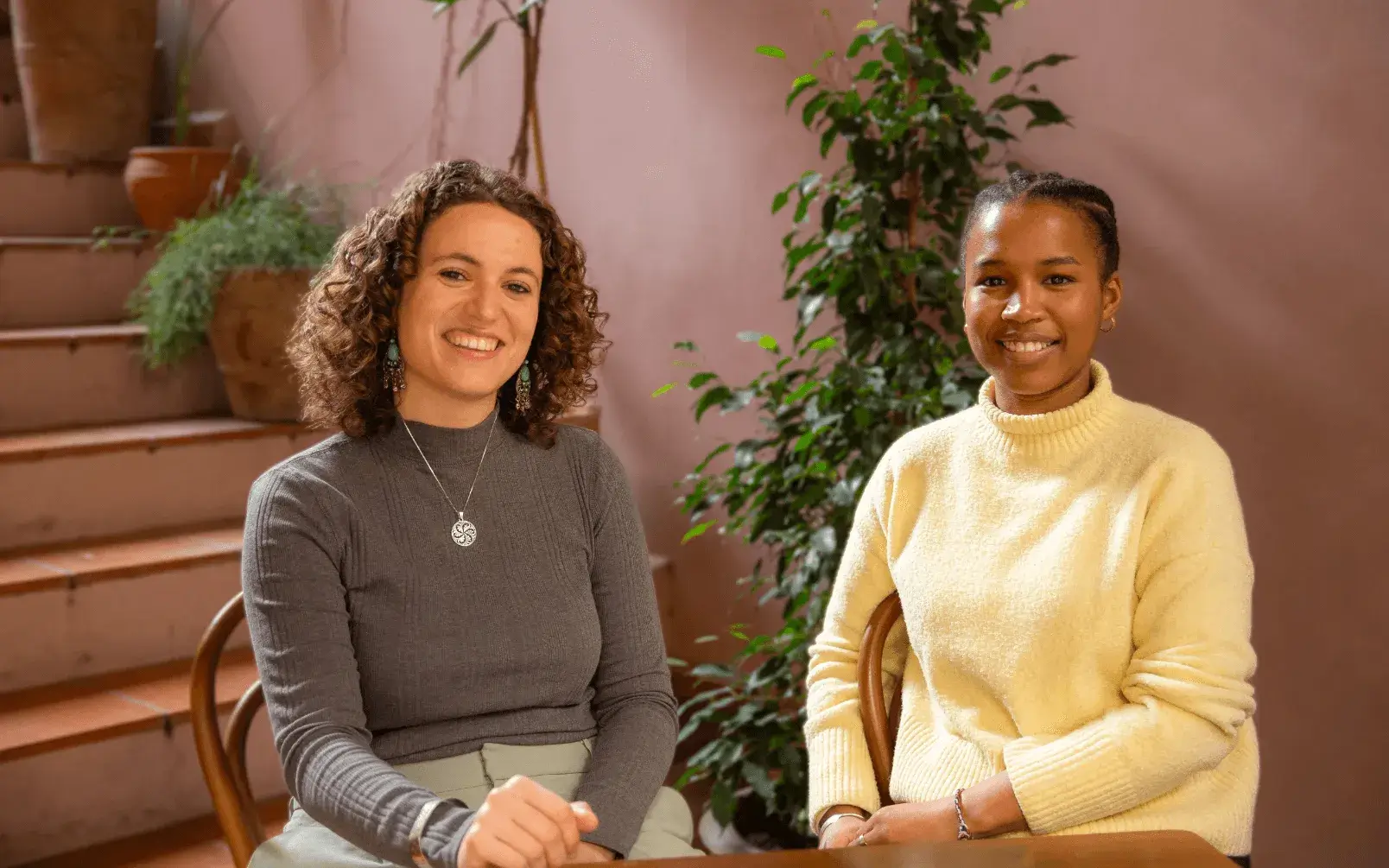
Add new comment